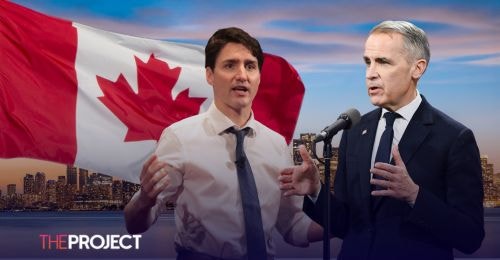Mark Carney, soon to become Canada's new prime minister, is a two-time central banker and crisis fighter about to face his biggest challenge of all: steering Canada through Donald Trump's tariffs.
The Liberals announced Carney as Justin Trudeau's successor on Sunday, after party members voted.
He intends to continue Trudeau's course of resolute resistance after Trudeau resigned in January, facing low approval ratings after nearly a decade in power.
"Make no mistake, this is a nation-defining moment. Democracy is not a given. Freedom is not a given. Even Canada is not a given," Trudeau said.
The 59-year-old Carney is a political outsider who has never held office, which would in normal times have killed off his candidacy.
But distance from Trudeau and a high-profile banking career played to his advantage and Carney argues he is the only person prepared to handle the US president.
"I know how to manage crises ... in a situation like this, you need experience in terms of crisis management, you need negotiating skills," Carney said during a leadership debate late last month.
Donald Trump's trade war and his talk of making Canada the 51st US state have infuriated Canadians, who are booing the American anthem at ice hockey and basketball games.
Carney left the Bank of Canada in November 2004 for a top finance ministry job and returned to become governor of the central bank in 2008 at the age of just 42.
He won praise for his handling of the financial crisis, when he created new emergency loan facilities and gave unusually explicit guidance on keeping rates at record low levels for a specific period of time.
"Mark has a rare ability to combine a central banker's steady hand, with a political reformer's eye to the future," said Ana Botin, Santander's executive chairman, in a written comment to Reuters.
After leaving the Bank of England in 2020, Carney served as a United Nations envoy on finance and climate change.
With AAP





























